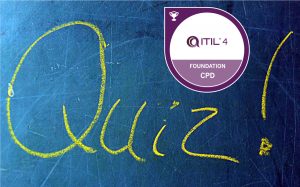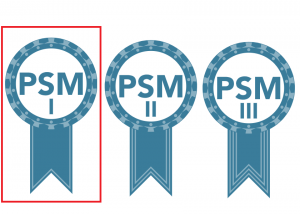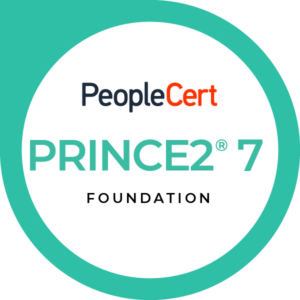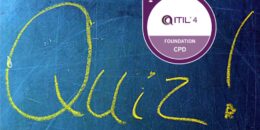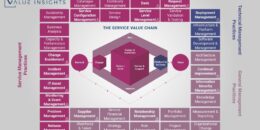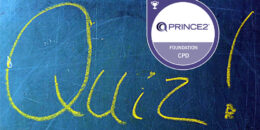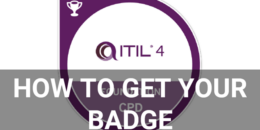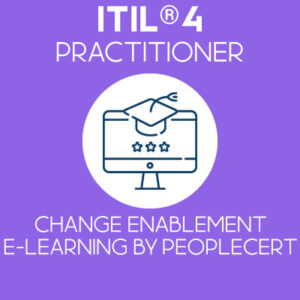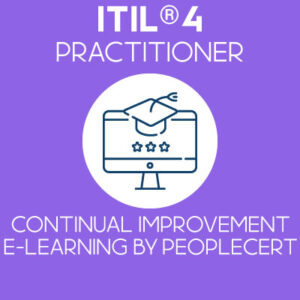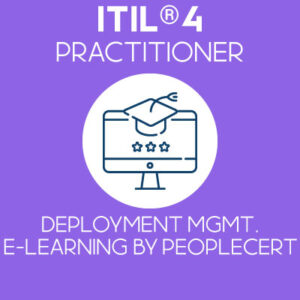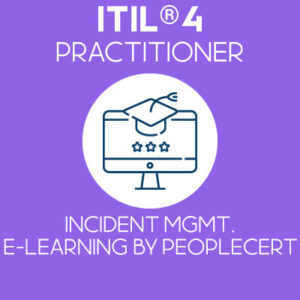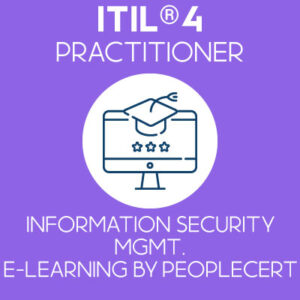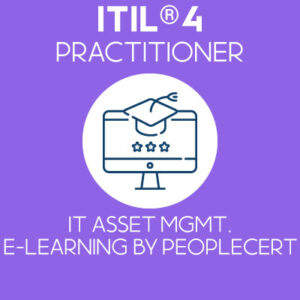Who are some of the key women in Agile? Why were there no women as signatories of the Agile manifesto for software development?
Table of Contents

Women in Agile
Agile in software development and many other areas has become increasingly popular over the past two decades, and many women have played key roles in shaping the field. Although there were no women among the original signatories of the Agile Manifesto in 2001, many female thought leaders have made significant contributions to the Agile community before and after that.
Who are some of the key women in Agile?
See below for some of the key women Agile thought leaders:
Esther Derby – Esther is an author, speaker, and consultant who has been involved in the Agile community since the early 2000s. She has written several books on Agile, including “Agile Retrospectives: Making Good Teams Great” and “Behind Closed Doors: Secrets of Great Management”.
Diana Larsen – Diana is a co-founder of the Agile Fluency Project and has been involved in the Agile community since the late 1990s. She has written several books on Agile, including “Agile Retrospectives: Making Good Teams Great” (with Esther Derby) and “Liftoff: Start and Sustain Successful Agile Teams”.
Lyssa Adkins – Lyssa is a coach, author, and speaker who has been involved in the Agile community since the early 2000s. She is the author of “Coaching Agile Teams: A Companion for ScrumMasters, Agile Coaches, and Project Managers in Transition” and is a co-founder of the Agile Coaching Institute.
Mary Poppendieck – Mary is another key female thought leader in the Agile community who has made significant contributions to the field. She is the co-author of several books on Agile, including “Lean Software Development: An Agile Toolkit”, “Implementing Lean Software Development: From Concept to Cash”, and “Leading Lean Software Development: Results Are not the Point”. Her work has focused on applying lean principles to software development, and she has been a vocal advocate for using a value-driven approach to Agile development.
Why were there no women in the Agile Manifesto?
The absence of women among the original signatories of the Agile Manifesto in 2001 can be attributed to several factors:
Historical Context: At the time, the tech and software development industries were predominantly male-dominated. Women were underrepresented in these fields, and this disparity was reflected in the group of individuals who came together to draft the Agile Manifesto.
Selection Bias: The group was composed of prominent figures in the software development community, many of whom had established themselves as thought leaders. Due to the existing gender imbalance, fewer women had gained the same level of visibility and influence in the industry.
Networking Dynamics: Professional networks at the time were more likely to consist of men, leading to a higher likelihood that the signatories would invite other men to such gatherings.
The Growing Influence of Women in Agile
Despite the initial lack of representation, women have increasingly made their mark in the Agile community over the years. Their contributions have been pivotal in shaping Agile practices, promoting inclusivity, and fostering environments that value diverse perspectives. Here are a few more notable women in Agile:
Linda Rising – Linda is a renowned author and speaker in the Agile community. She has co-authored “Fearless Change: Patterns for Introducing New Ideas” and “More Fearless Change: Strategies for Making Your Ideas Happen”. Her work focuses on change management and the human aspects of software development.
Johanna Rothman – Known as the “Pragmatic Manager,” Johanna is an author, speaker, and consultant who has written extensively on Agile practices. Her books include “Manage Your Project Portfolio: Increase Your Capacity and Finish More Projects” and “Agile and Lean Program Management: Scaling Collaboration Across the Organization”.
Ellen Gottesdiener – Ellen is an expert in product management, requirements, and collaboration. She co-authored “Discover to Deliver: Agile Product Planning and Analysis” and has contributed significantly to the field with her focus on effective product discovery and delivery practices.
Conclusion
Women have played and continue to play an instrumental role in the evolution and success of Agile methodologies. Their diverse perspectives and contributions have enriched the Agile community, promoting practices that value inclusivity, collaboration, and continuous improvement. As the Agile landscape continues to grow and evolve, the influence of these and many other remarkable women ensures that Agile remains a dynamic and innovative approach to software development and beyond.
For those looking to learn more and join this vibrant community, embracing the contributions of women in Agile is essential for fostering an environment where everyone’s insights and expertise are valued, and the field can continue to thrive.
Check out our latest blog posts


